By Emily Setona
QWAQWA – In a progressive move toward inclusive and community-led development, the Maluti-a-Phofung Local Municipality (MAP) in the Free State, in partnership with the Department of Human Settlements and the three houses of traditional leaders in the region, hosted a capacity-building workshop on the Enhanced People’s Housing Process (ePHP).
Held on 5 June at the municipal council chambers, the workshop aimed to equip councillors and traditional leaders with the knowledge and tools needed to implement the ePHP model effectively in their communities. The approach encourages active participation from residents in housing development, with the goal of fostering a greater sense of ownership and accountability.
Aaron Hobongwana, Deputy Director for Community-Driven Housing Initiatives at the National Department of Human Settlements, outlined the program’s vision.
“This workshop was to explain to councillors and traditional leaders how the process works and how they can initiate it in their communities with support from the province and the municipality,” Hobongwana said.
The ePHP differs from traditional contractor-led housing models by enabling beneficiaries to actively participate in the design and construction of their homes. It allows households to use government subsidies to build homes either independently or as part of a collective. Support is provided through Housing Support Organizations offering technical assistance, training, and project management.
Speaking on behalf of traditional leaders, Morena Mokhalaka Sekonyela welcomed the initiative.
“Today’s workshop was very important because it explained how government housing processes will work going forward,” Sekonyela said.
He added that with the new model, funds would be directly allocated to beneficiaries, who could then construct homes based on their own needs and designs. Community committees will be established to oversee the process, promoting transparency and reducing reliance on contractors—a system that has, in the past, contributed to delays and incomplete projects.
Speaker of the Maluti-a-Phofung Council, Mandlenkosi Dlamini, expressed confidence in the program’s potential to address local housing challenges.
“In Maluti-a-Phofung, we face serious problems with people living in mud houses and incomplete structures. This initiative offers a solution by putting the people at the centre of the process,” he said.
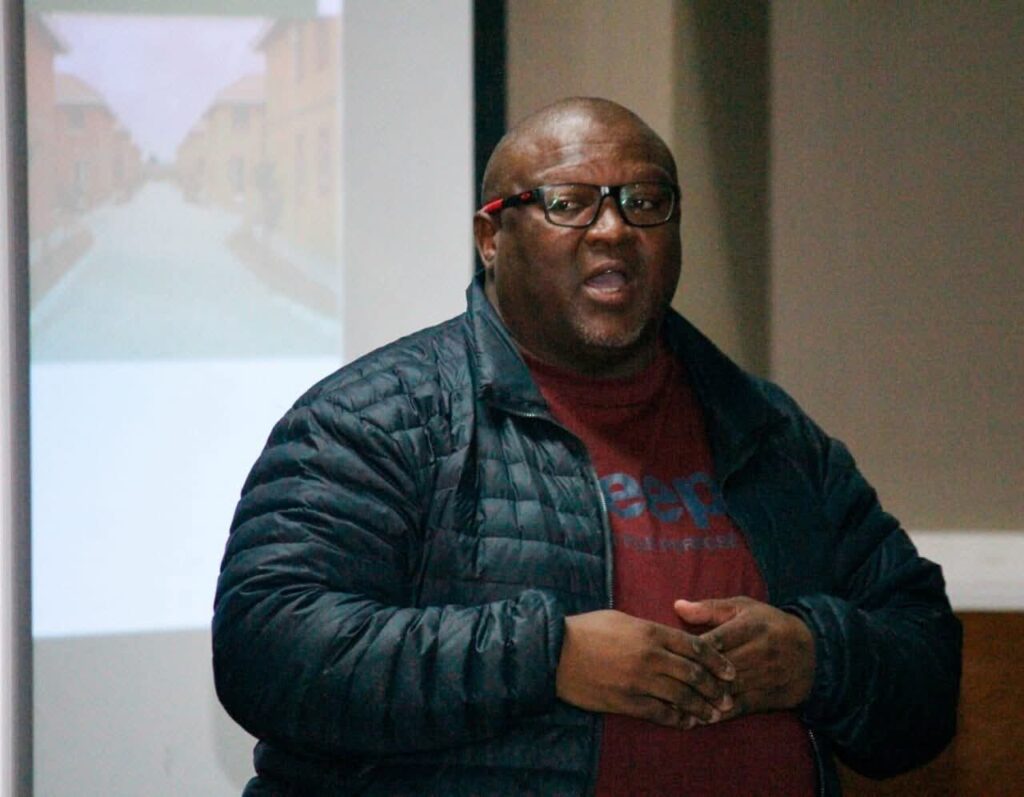
Deputy director of community driven house initiatives from the national Department of Human Settlement Aaron Hobongwana.
Dlamini also emphasized the importance of collaboration between elected leaders and traditional authorities in rolling out the initiative effectively.
The Department of Human Settlements has made significant financial commitments to addressing informal settlements and inadequate housing. For the 2024/25 financial year, R4.5 billion has been allocated to the Informal Settlement Upgrading Partnership Grant, and R13.7 billion to the Human Settlements Development Grant.
The ePHP aligns with national priorities to promote spatial integration, secure tenure, and expand access to affordable housing. By involving communities directly, it not only accelerates housing delivery but also strengthens social cohesion and long-term sustainability.
As Maluti-a-Phofung moves forward with the ePHP, it sets a hopeful precedent for community-centred development, that other municipalities may look to as a model for empowering residents and delivering dignified housing solutions.







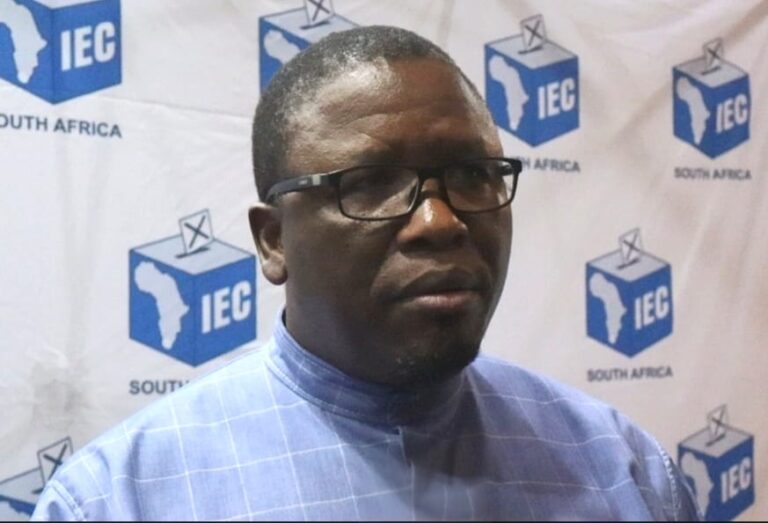

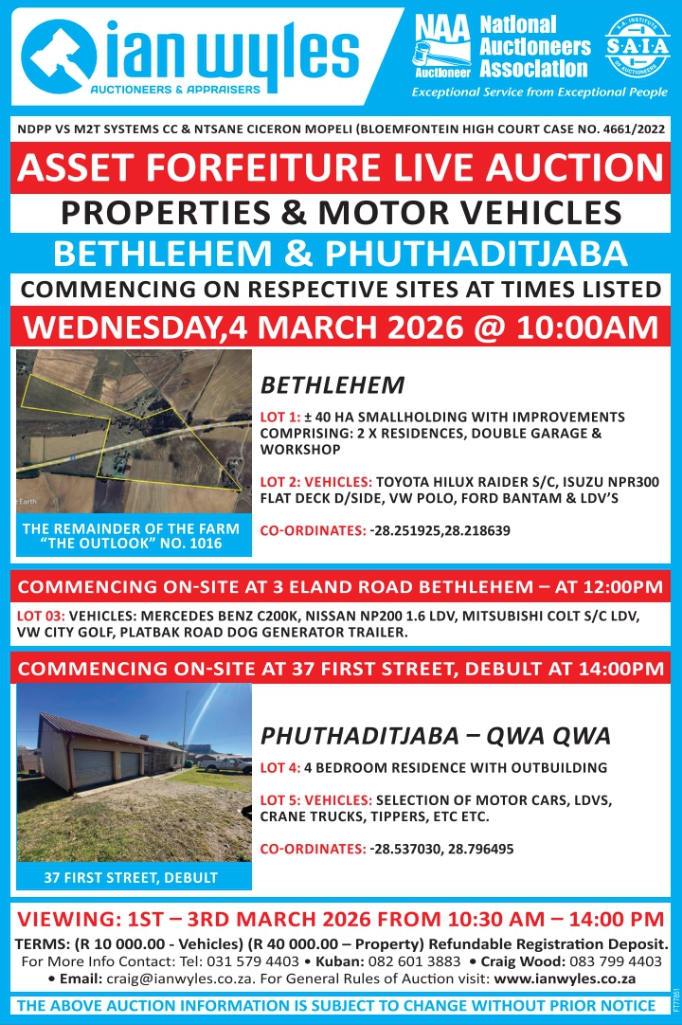
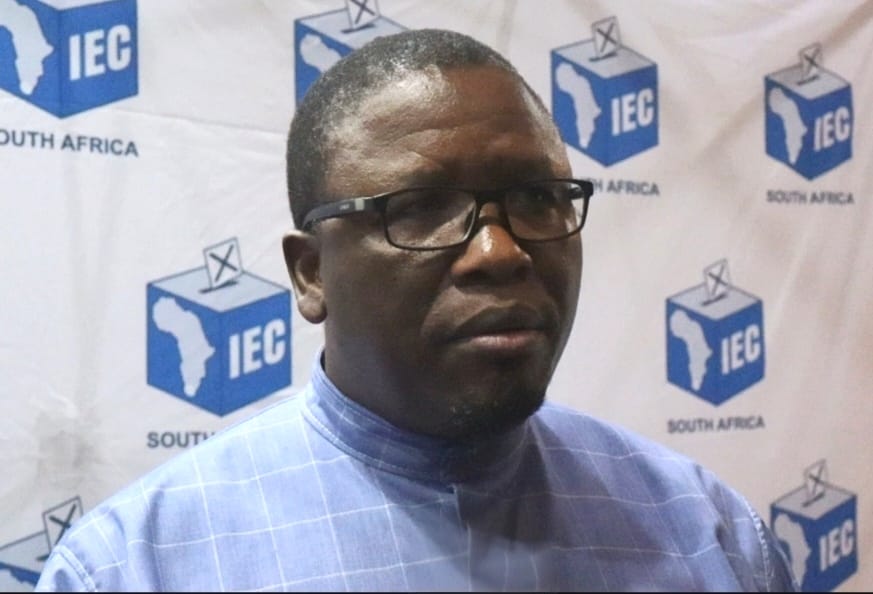
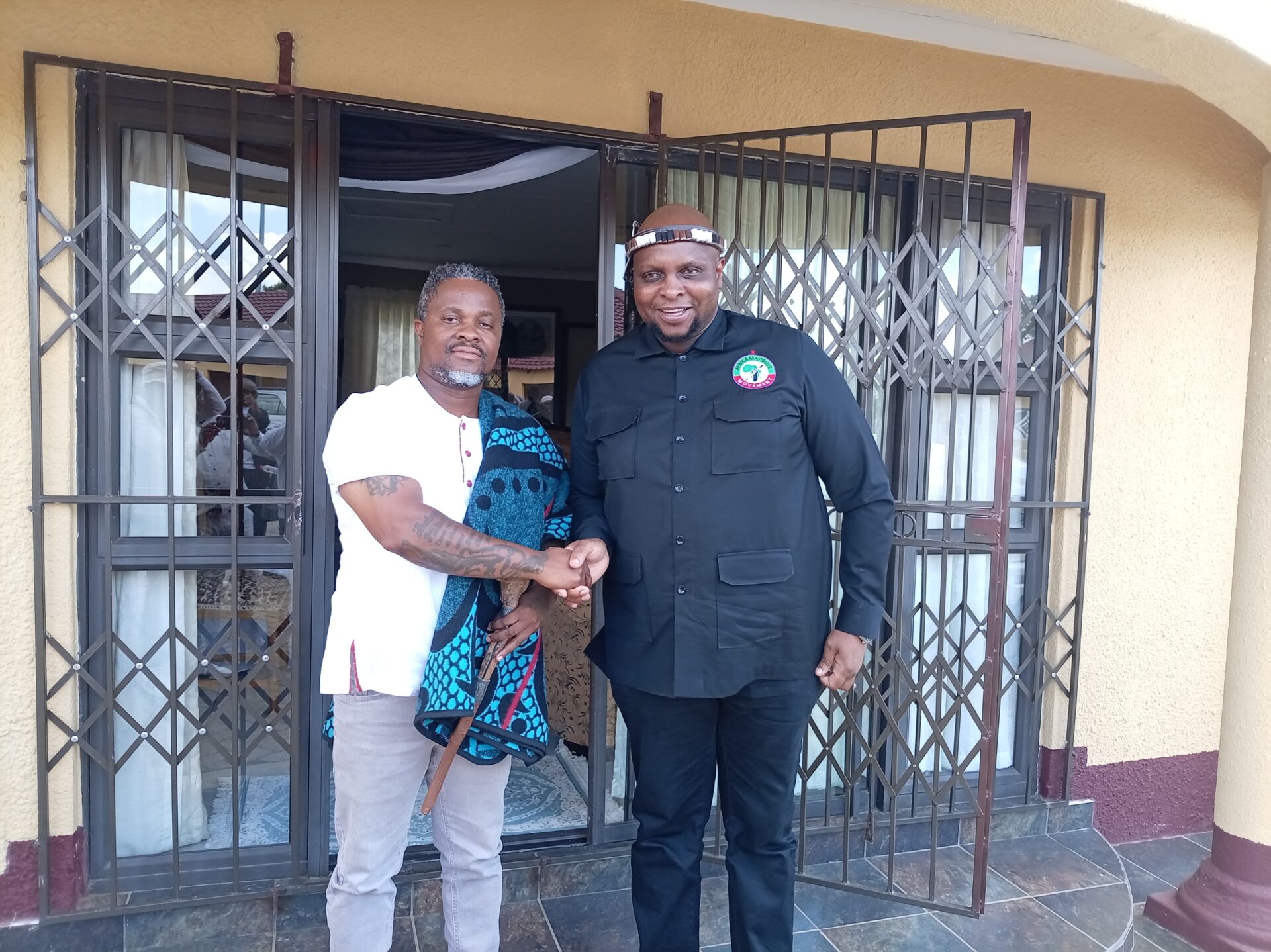
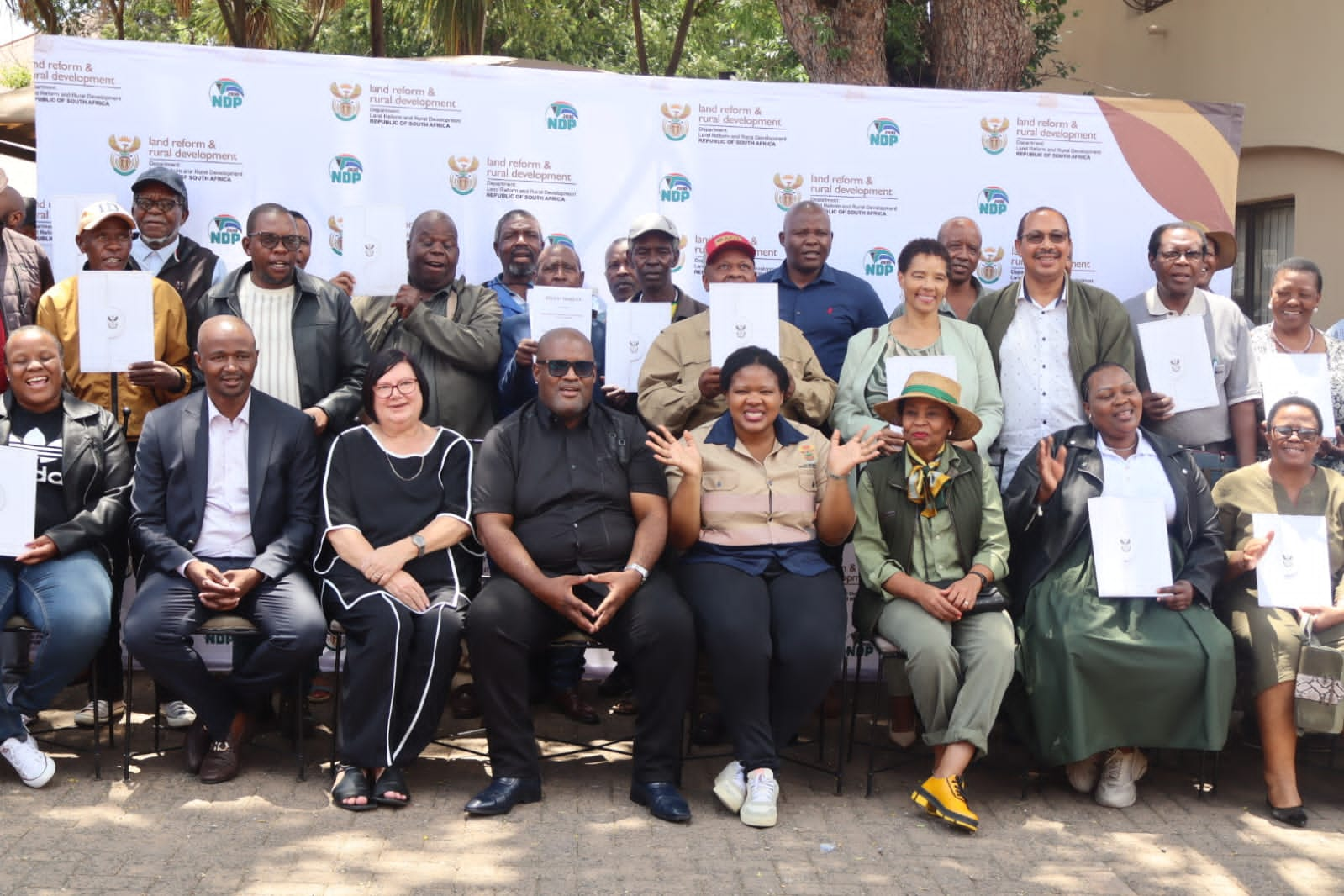
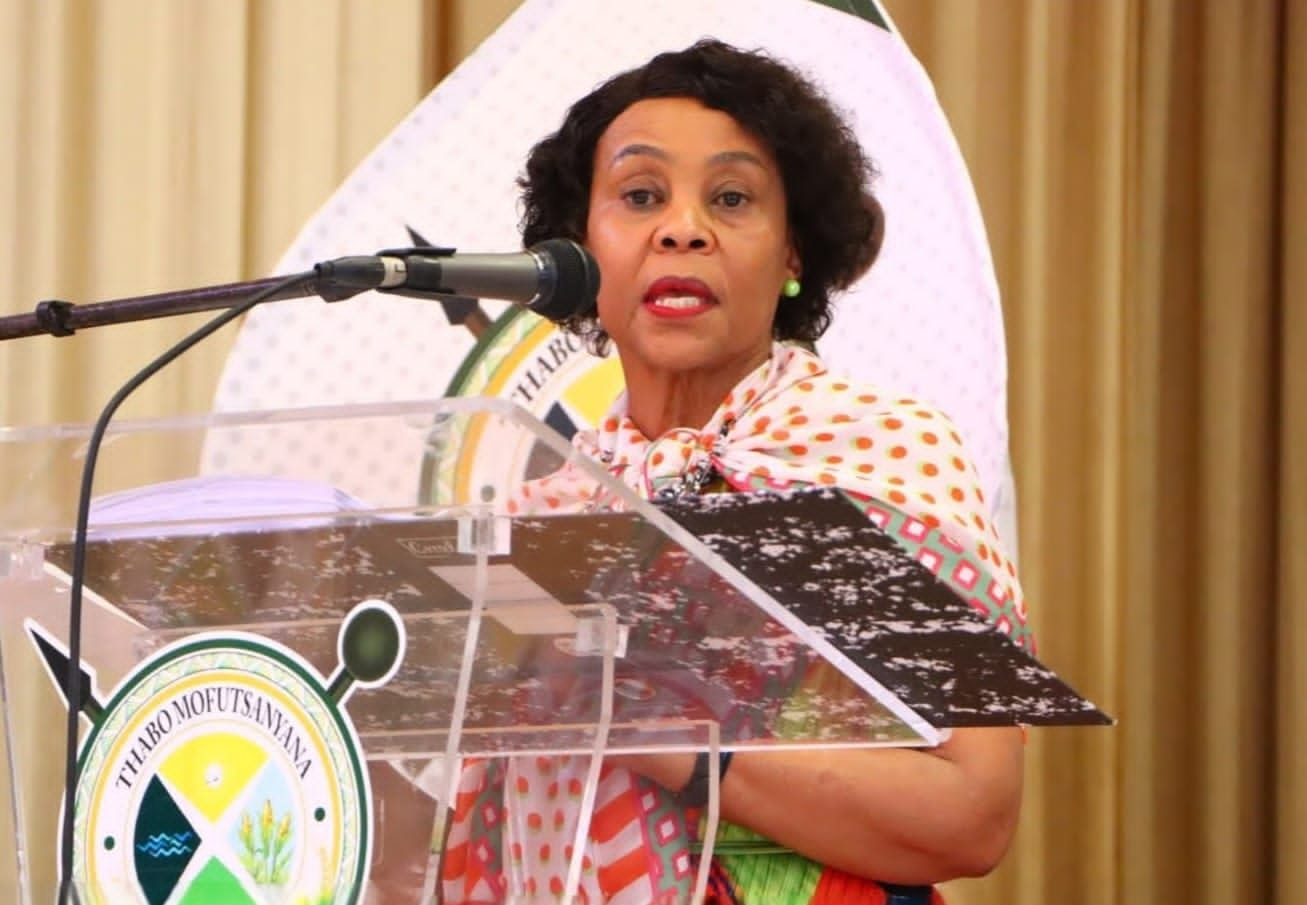

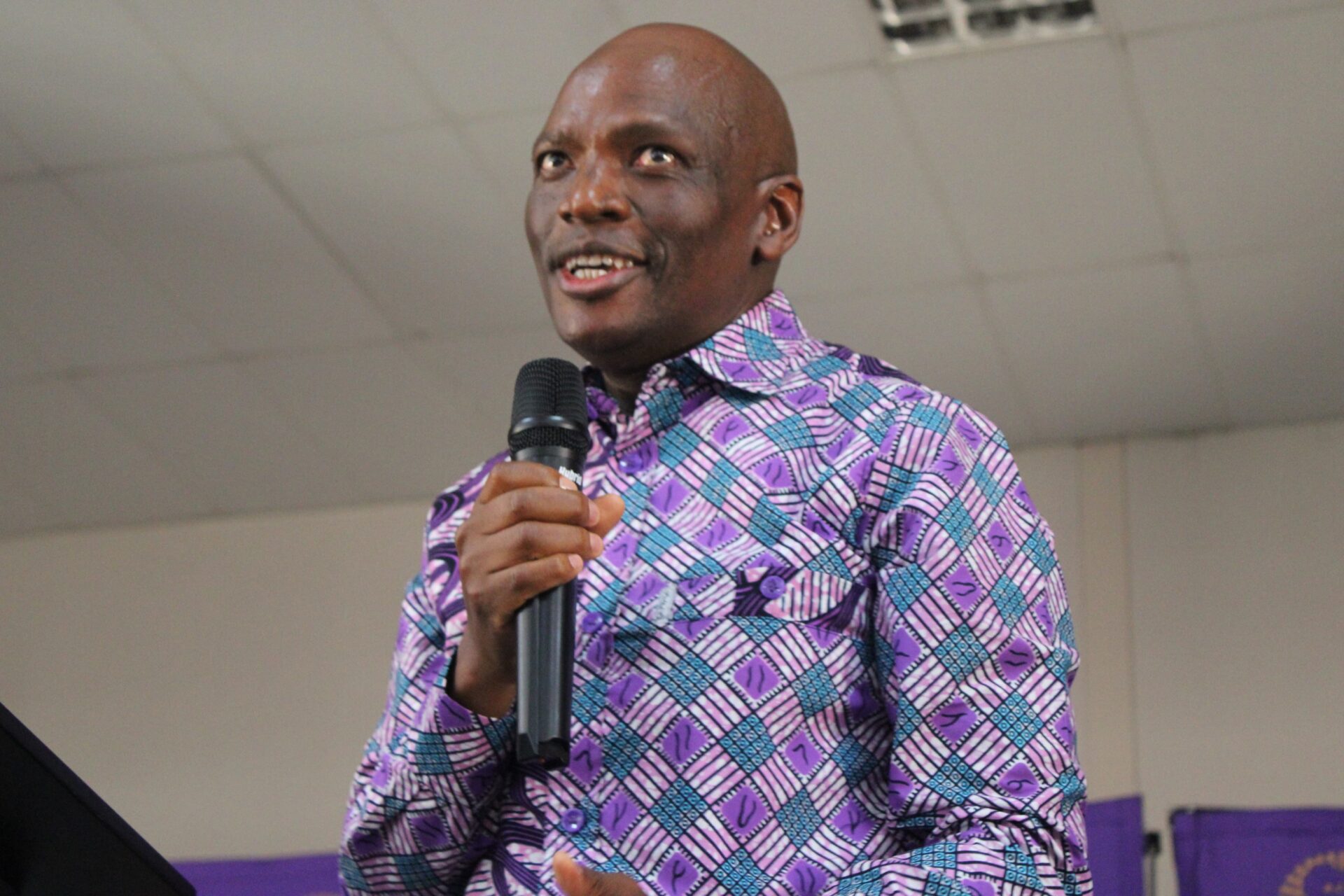
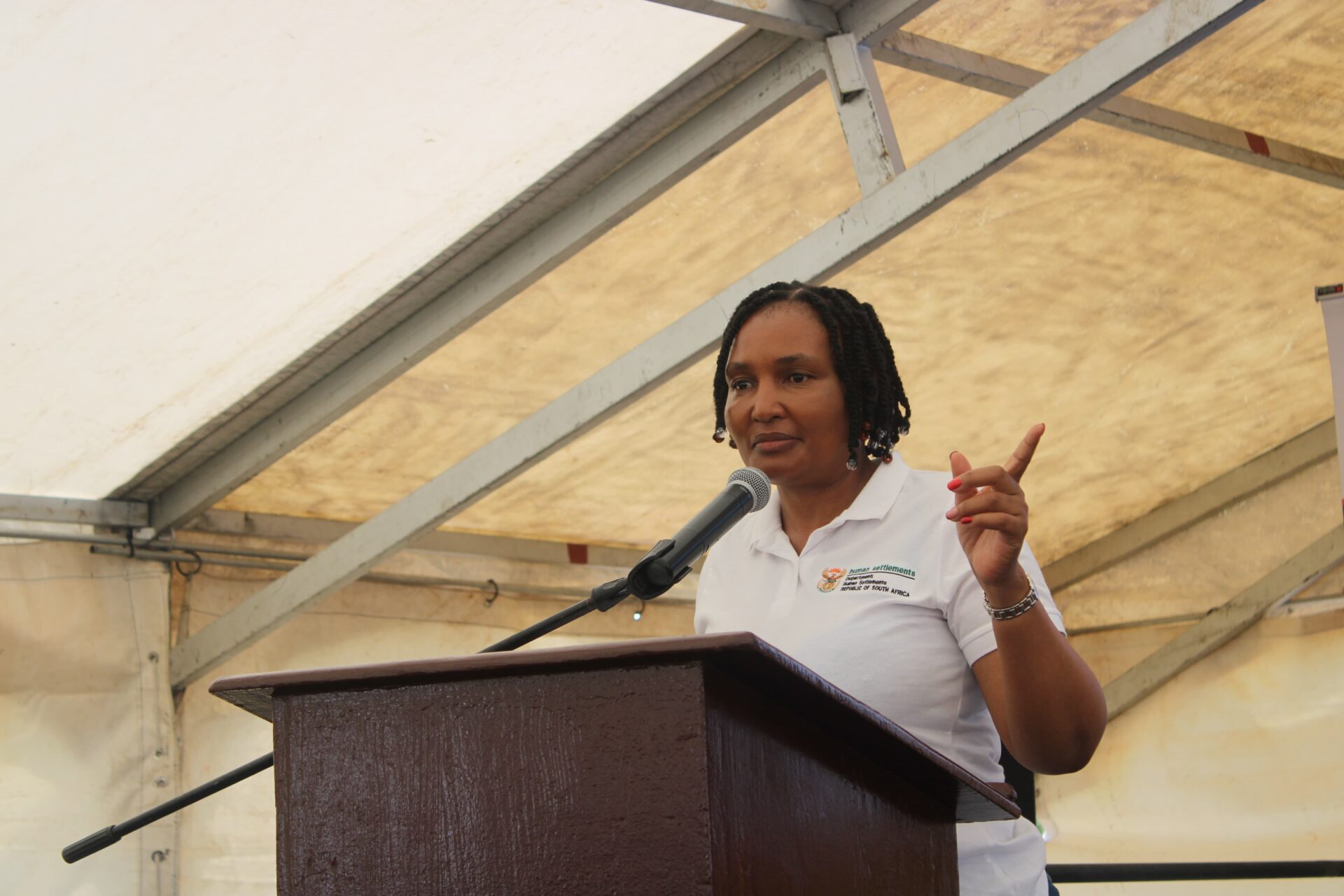


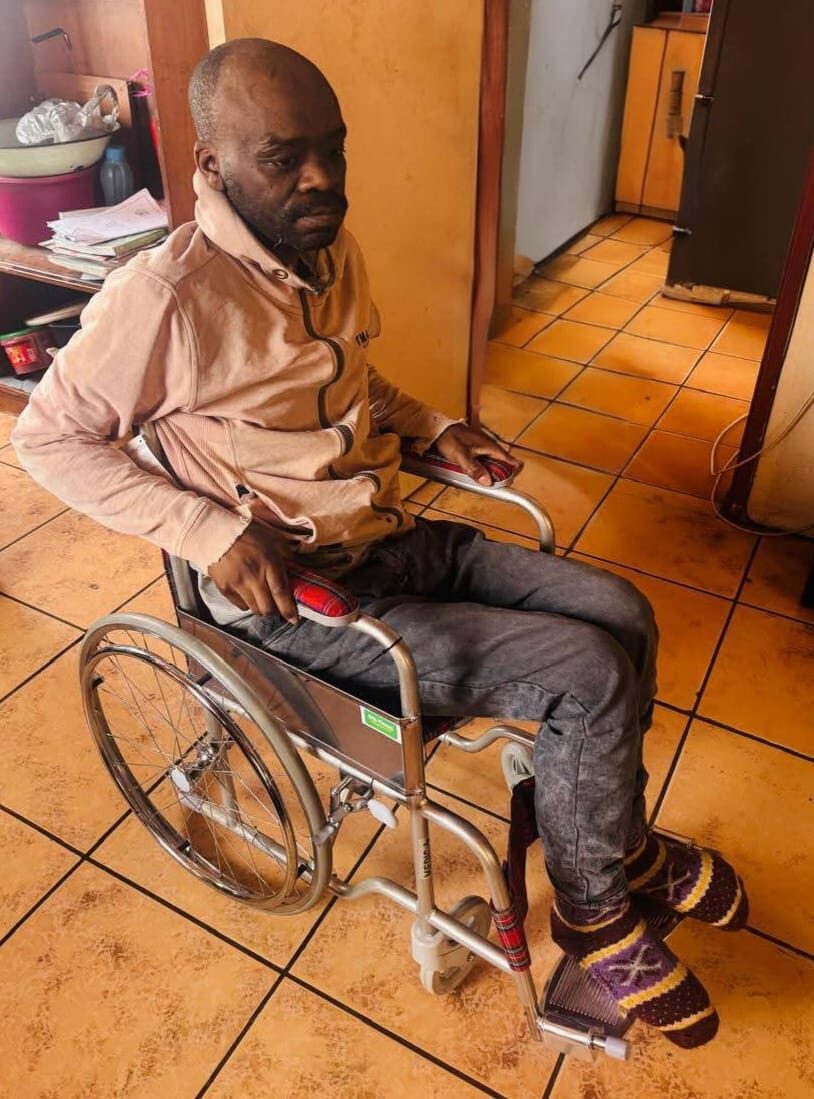
One Response
Thank you Mr Hobongwana for leading and sustaining the charge against contractor driven housing development.